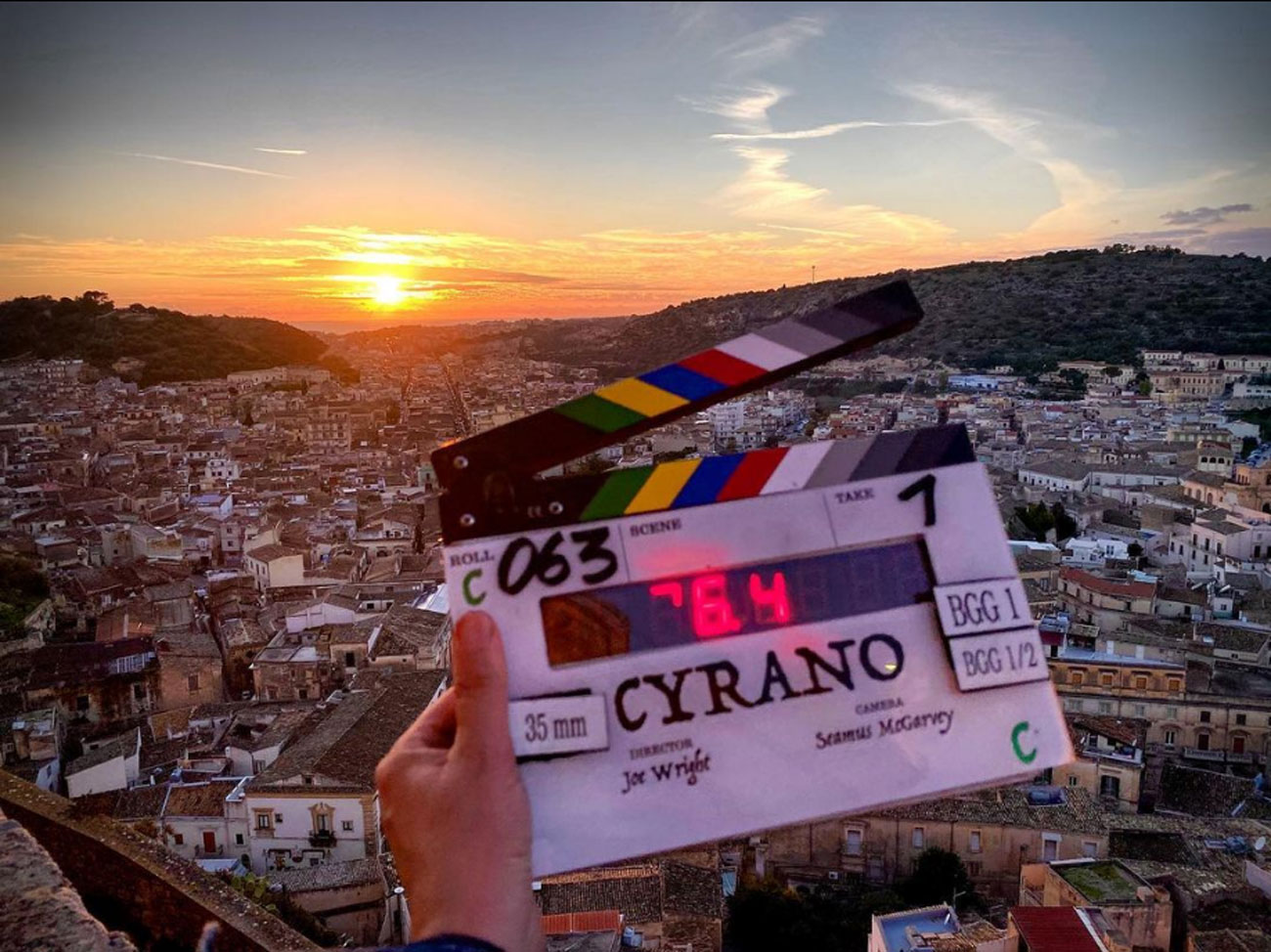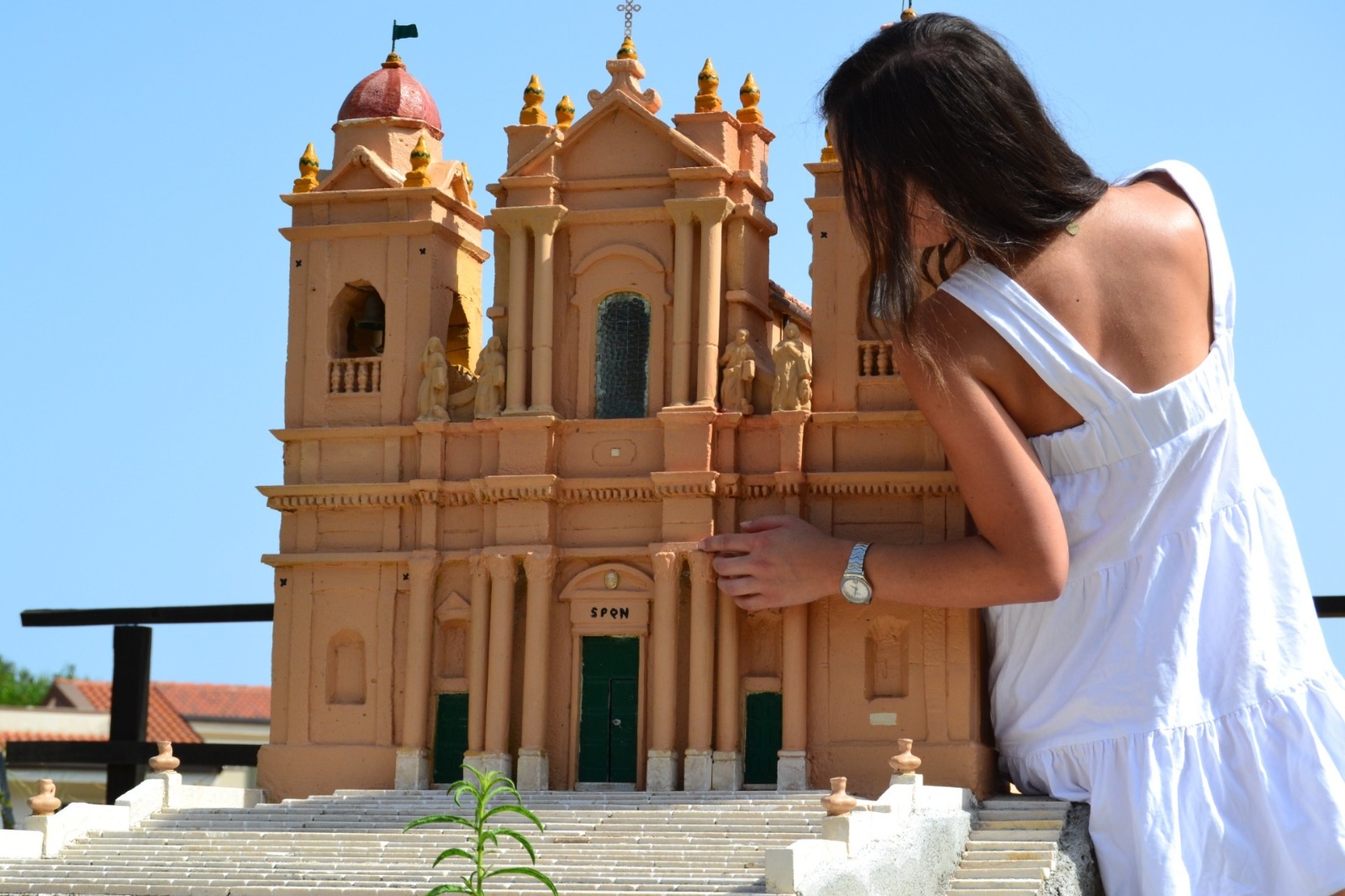Denise Manno: “Music helped me dispel my eating disorder”
“When I used to go out, I always felt anxiety as if everyone was looking at me. I didn’t go to the beach, despite being a sporty person, because I always felt ugly. So, every evening I ate everything I could find in my kitchen: whole packs of chips or biscuits, bowls of ice cream. But then I felt guilty, and this led me to think awful thoughts”. Anxiety and shame are the dramatic consequences for those suffering from eating disorders. Denise Manno, a singer/songwriter from Palermo, knows it well due to her long physical and psychological sorrow, that inspired her to compose Chissà, a song to support many people involved in this still struggle.
AN UNSPOKEN ISSUE. During the pandemic, anorexia, bulimia and binge eating have increased by more than 30% in Italy. “Food disorders are a psychiatric illness and they are still taboo. Someone calls them distress, but this definition diminishes a very suffering illness for the patient and the family too”, told Lia Iacoponelli, Sicilian psychiatrist with thirty years of experience, who looked after Denise at the CEDIAL (a specialized centre) in Palermo about three years ago. Specialists have been warning the public about these diseases for 25 years, but “we are still behind with structural and therapeutic resources”. This disorder affects body and mind, differently person-to-person, and needs a long time to be addressed. “For this reason we have to talk about it ‒ the doctor points out. The sooner one seeks help, the higher the chances of recovery”. However, this is often a rare occurrence as many feel ashamed to ask for professional assistance or are convinced to be able to overcome these issues on their own. A sentiment that, explains doctor Iacoponelli, is often induced by “a cultural and social system”. She points out the importance of helping teenagers to develop, supported by school and their family, a degree of emotional awareness to navigate a time of bodily change and, often, inner fragility. According to Iacoponelli’s experience, sharing is also very important: “Those who suffer from a disease, often believe to be the only one to be affected. But solitude never helps us: we can rescue ourselves by reaching out to others”.
THE POWER OF MUSIC. “After becoming aware of my unhealthy relationship with food, ‒ tells Denise ‒ I seeked a connection with other people on social networks. As a result, I have learnt about binge eating for the first time. Then I read a book about binge eating and felt every word hitting close to home. Finally, I realized I had a disorder and that I needed help. That’s when it all started”. During rehab, Denise found a way to take out her fears in songwriting. It was during this period of suffering and interior change, in fact, that Chissà was born: “With this song, I want to lend a hand ‒ tells Denise ‒ to whomever is suffering from eating disorders”. “I wonder how is it a colourful life/ because I couldn’t feel tastes for years/ I wonder how I let people love me” Denise sings while a grey set is tinged with colours while she says: “I spent whole days wondering who I was/ I fought at any costs to find an answer/ But now I’m here tired of asking because I figured it out/ I have a food disorder“.
By sharing her story on social networks, Denise has been able to make the difference, becoming a reference point for many young people. “I suggest, first, to speak with family. Some girls wrote me ʻThank you. I haven’t hugged my mother and said I love her for a long timeʼ. To me, this is the greatest victory”.
Translated by Daniela Marsala



